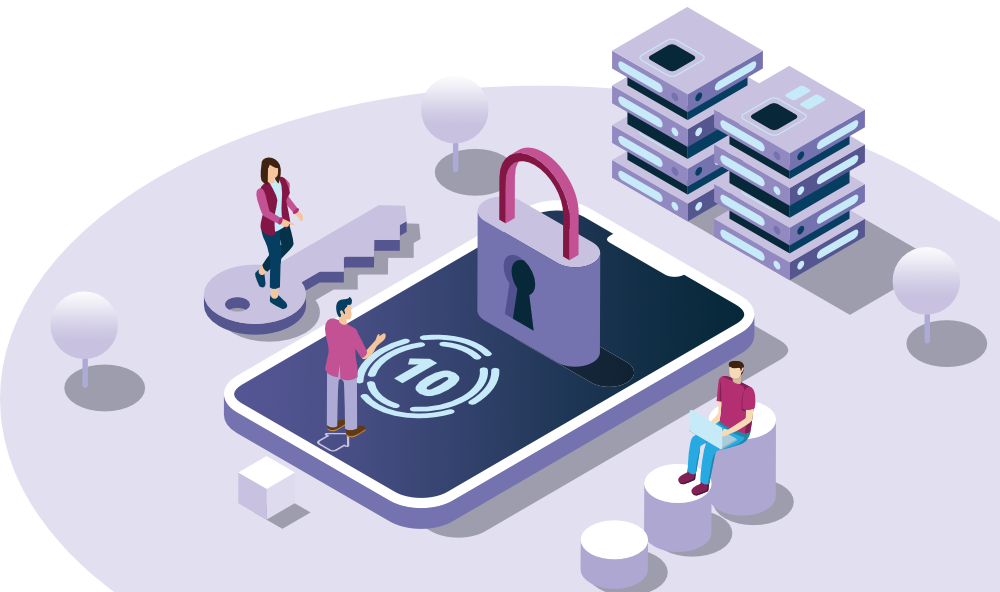Internet Privacy and Personal Data Protection
In the digital age, the internet has become an integral part of our daily lives, connecting us to vast amounts of information and facilitating communication and transactions. However, the convenience of the internet also raises concerns about privacy and the protection of personal data. This article explores the importance of internet privacy and the measures taken to safeguard personal data in an increasingly interconnected world.

- The Value of Personal Data
In the digital landscape, personal data has become a valuable commodity. Companies and organizations collect data from users to understand their preferences, behavior, and interests, allowing them to offer targeted advertisements and personalized services. However, the collection and use of personal data raise ethical questions about user consent and data ownership.
- Privacy Breaches and Cyber Threats
Privacy breaches and cyberattacks have become frequent occurrences, exposing sensitive user information to malicious actors. From large-scale data breaches in major corporations to individual identity theft, internet privacy has become a pressing concern for individuals and businesses alike.
- Data Protection Laws and Regulations
To address growing privacy concerns, governments and regulatory bodies around the world have introduced data protection laws and regulations. The European Union’s General Data Protection Regulation (GDPR) and California’s Consumer Privacy Act (CCPA) are notable examples, aiming to give users more control over their data and holding companies accountable for data breaches.
- User Consent and Transparency
Transparency and user consent are crucial components of internet privacy. Companies must clearly communicate how they collect, store, and use personal data, and users must have the option to give or withhold their consent freely.
- Secure Communication and Encryption
End-to-end encryption and secure communication channels play a vital role in safeguarding internet privacy. These technologies ensure that sensitive data remains encrypted and protected from unauthorized access during transmission.
- Virtual Private Networks (VPNs)
Virtual Private Networks (VPNs) offer users an additional layer of privacy and security by encrypting internet connections and masking IP addresses. This technology is particularly valuable for protecting sensitive data when using public Wi-Fi networks.
- Personal Cybersecurity Practices
Individuals can also take proactive steps to protect their internet privacy. This includes using strong and unique passwords, regularly updating software and applications, and being cautious about sharing personal information online.
- Balancing Privacy and Innovation
Striking a balance between internet privacy and fostering innovation is a constant challenge. While robust data protection measures are essential, they should not stifle technological advancements that can benefit society.
Safeguarding Digital Freedom
Internet privacy and personal data protection are paramount in the digital era. Governments, companies, and individuals all play a crucial role in ensuring the security and privacy of online interactions. By adhering to data protection laws, promoting transparency, and employing secure technologies, we can create a safer digital environment that respects user privacy and fosters trust in the digital ecosystem. Ultimately, safeguarding internet privacy is essential to preserve digital freedom and empower users to enjoy the benefits of the online world without compromising their personal data.
